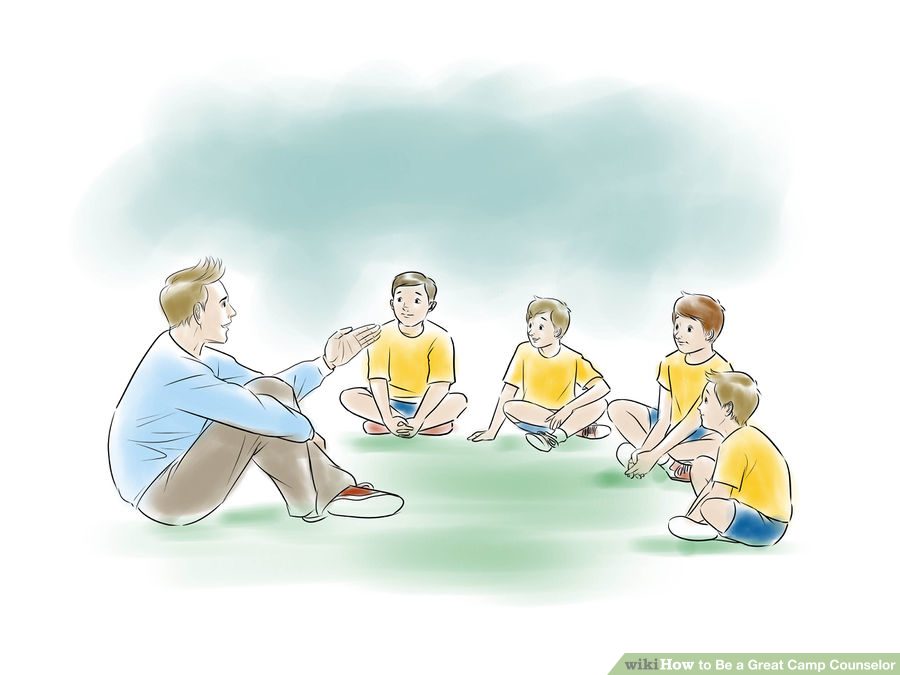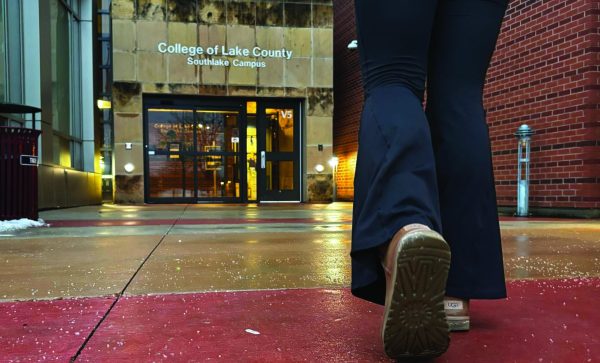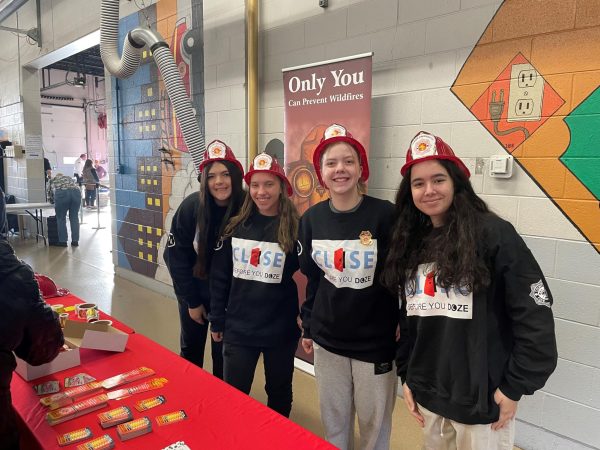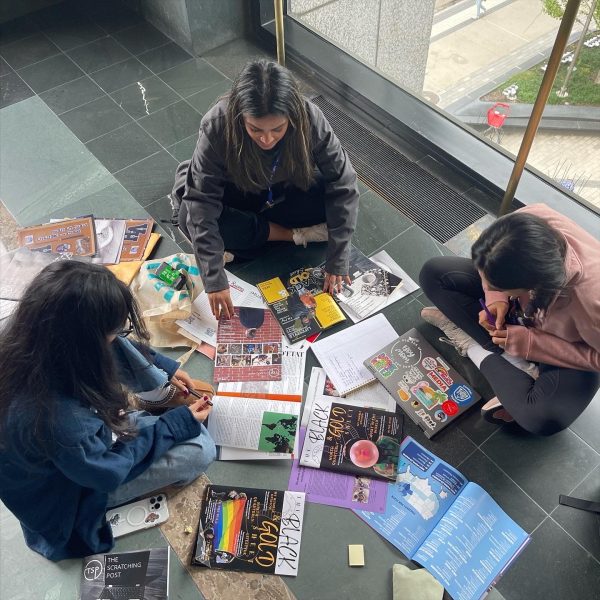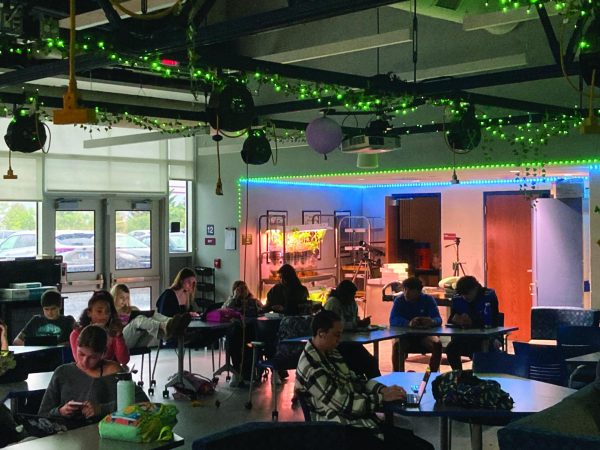The Counselor Survival Guide
Summer is here, and for some teenagers, that means that you are going to camp to lead a group of kids. Another counselor explained that “Camp allows for long days, short summers, and endless amounts of opportunity, exhilaration, and achievement.” Here you will find some tips for being a counselor.
- Use common sense: You should know what to do; follow your gut.
- During the break between school and camp, think of some activities: preparing will help you to have less stress about what you are going to do over the summer and have something to look forward to. Preparing yourself and the campers makes you a better counselor
- Get to know the other staff: It is very important that you all get along with your co-workers, If you are arguing with another staff member, even if it’s done far away from the campers, they can see that something is going on. You might even have to work with them later.
- If you have a co-counselor it will help if you work with him: You co-counselor should not be your enemy; you are in this together, you should not be against each other.
- Get to know your campers: According to the American Camp Association, “each one of your campers is accustomed to being seen as an individual and not as a member of a group or cabin. Unless you take time to get to know some of the interests, talents, and qualities of each of your campers, they won’t feel seen and therefore won’t be personally connected to you as their counselor. Until your campers are emotionally ‘on board’ with you, they won’t get as much out of camp.”
- Keep your directions simple: The campers are younger than you, and will need to understand your directions.
- Don’t be sarcastic: Some of the campers might not understand that you are being sarcastic and take offense, so just use your best judgement.
- If a camper says something like “You’re not the boss of me, I don’t have to listen to you, ” here is a way to out of it: According to The American Camp Association, “Stay calm and let go of the provocation. Make campers ‘right’ about what they are ‘right’ about. For example, ‘You’re right. I’m not your parent!’ Or, ‘You’re right — it is a free country! Isn’t that great!’ Pause and then simply say ‘[if you do] this — it’s no big deal!’ Then stop talking and move on, One of the biggest mistakes adults make with children is we talk too much.
- Have fun: I know it is your job, if your campers see that you’re having fun, it will make their experience so much better.
- Don’t follow every bit of this advice, every group is different and different problems will come up, so use your best judgement.

